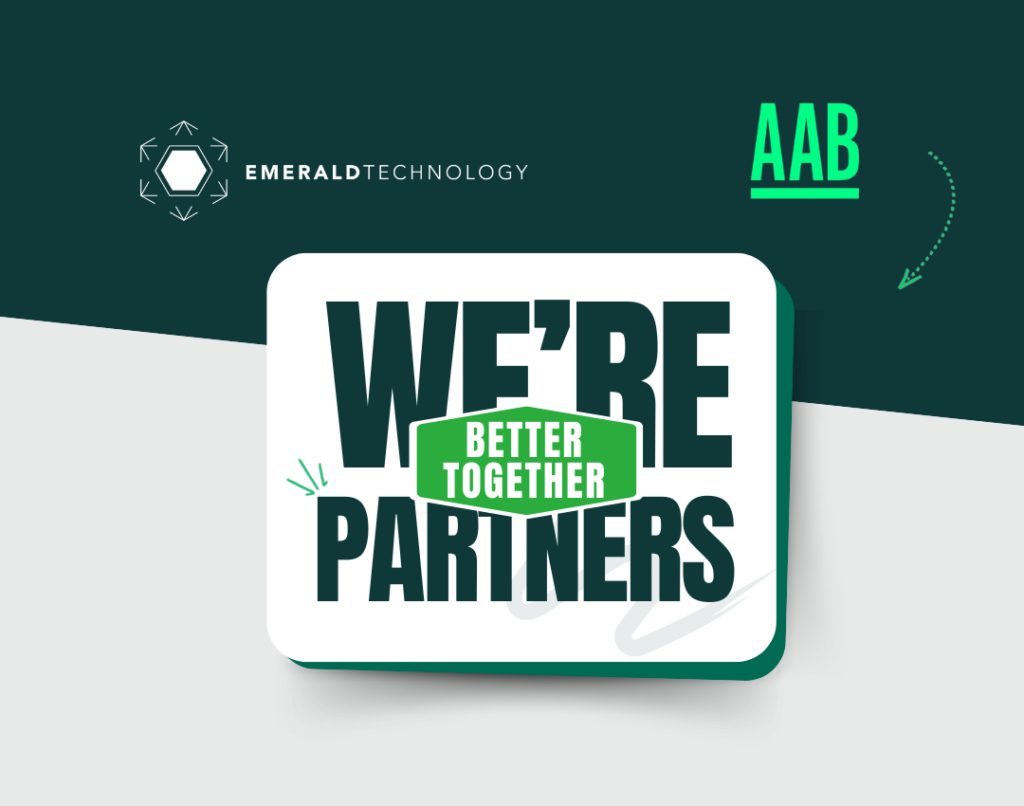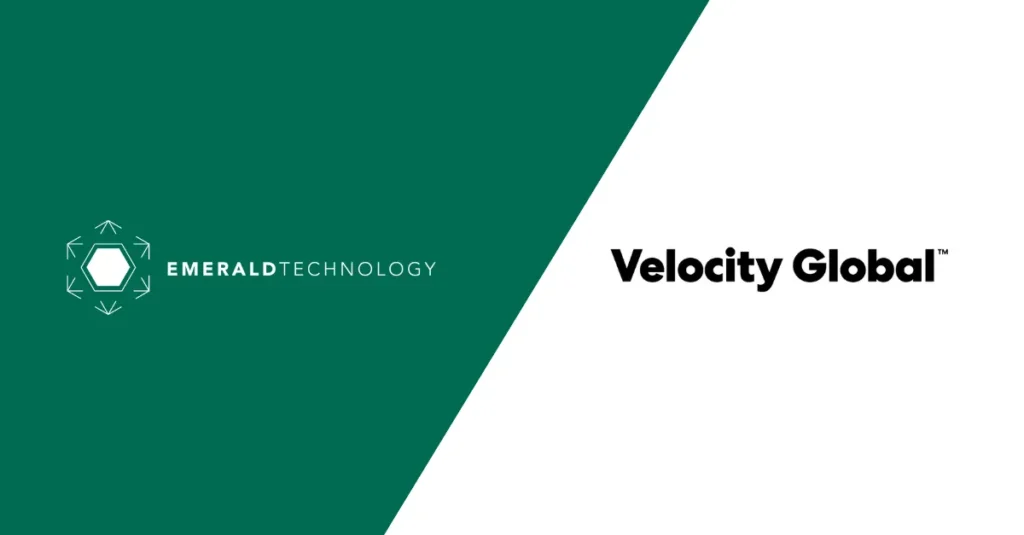What is ISO 27001, and why is it important when it comes to cyber security for your business? This article explores the multifaceted benefits of ISO 27001, revealing its role in safeguarding data and fostering a culture of continuous improvement and resilience against digital threats. You’ll discover how this standard is not only relevant but essential for your business, providing key insights to strengthen your digital defences.
Introduction to ISO 27001
Understanding the essence of ISO 27001 is pivotal for all businesses navigating information security. This standard serves as a comprehensive guide that shapes how organisations approach the protection of their most sensitive data.
What is ISO 27001?
The ISO 27001 standard meticulously outlines the requirements for an Information Security Management System (ISMS), serving as a robust blueprint for managing a spectrum of information security risks.
It’s not confined to the digital realm alone; ISO 27001 extends its reach across all forms of information storage and processing — from digital databases to physical files and beyond. It emphasises a holistic approach, ensuring that every aspect of data, regardless of its form, is adequately protected against the ever-evolving threats in the information landscape.
The Evolution and Global Impact of ISO 27001
Since its introduction, ISO 27001 has undergone significant evolution, mirroring the nuanced and constantly evolving world of data security. Its adaptability to the shifting paradigms of risk and protection is a testament to its relevance and effectiveness.
The standard’s global impact is profound and widespread. Businesses around the world, cutting across industries and sizes, have embraced its framework, recognising the immense value it brings in safeguarding their most critical asset — information. This widespread adoption not only underscores the versatility and applicability of ISO 27001 but also highlights its role as a unifying force in the global business community’s fight against information security threats.
The Business Edge with ISO 27001
Delving deeper into ISO 27001 and its impact, it becomes evident that this standard plays a crucial role in sharpening a business’s competitive edge in today’s market, especially in the following ways:
Enhancing Competitive Advantage
ISO 27001 certification goes beyond mere accreditation; it acts as a powerful communicator to customers and competitors alike. It signals a serious commitment to data security, a factor increasingly valued in a privacy-conscious consumer market. In such a landscape, a proactive approach to information security can distinguish a business, offering it a unique competitive advantage.
Unlocking New Business Opportunities
Embracing ISO 27001 opens up a spectrum of new business opportunities, particularly in sectors where data security is critical. Consider the healthcare industry, where safeguarding patient data is not just about compliance but is integral to patient trust. Here, ISO 27001 certification can be a decisive factor in securing new contracts and fostering trust.
This strategic advantage is not confined to healthcare but spans various industries, underscoring ISO 27001’s value in expanding business horizons and exploring new market territories.
Safeguarding Data and Reputation
Moving beyond the competitive edge that ISO 27001 provides, it’s crucial to examine its role in safeguarding data and upholding a company’s reputation. This aspect is particularly vital in an era where data breaches can have extensive and lasting impacts.
A Shield Against Data Breaches: Can You Afford to Ignore It?
The consequences of a data breach are multifaceted, reaching beyond immediate financial damage. These incidents often lead to intricate legal challenges and a significant erosion of customer trust. Over time, this can inflict long-term damage on a company’s reputation.
ISO 27001 emerges as an essential tool in this landscape. It offers organisations a systematic framework to identify vulnerabilities and implement strong security measures. This proactive approach is crucial in significantly reducing the likelihood of data breaches. Adhering to ISO 27001’s stringent standards enables businesses to strengthen their defences against a wide array of cyber threats, safeguarding both digital and physical data.
Building Trust: ISO 27001 and Organizational Reputation
In the digital age, trust is a foundational element of customer relationships. Achieving ISO 27001 certification is not just about adhering to security standards; it signifies an organisation’s commitment to data protection.
When communicated effectively to stakeholders, this commitment fosters a sense of reliability and trustworthiness. It reassures customers that their sensitive data is handled with the utmost care, enhancing customer loyalty and improving the company’s overall reputation. In a time where data privacy concerns are escalating, this trust becomes a key differentiator, setting a company apart in a competitive market.
Navigating Compliance and Operational Efficiency
Importantly, ISO 27001 offers more than just a checklist for compliance, but a dynamic framework that significantly boosts operational efficiency and sharpens decision-making in businesses.
In fact, understanding and adhering to the myriad of legal and regulatory requirements can often feel overwhelming for businesses. This is where ISO 27001 comes into play, providing a clear and comprehensive framework that aligns well with various regulations, such as the GDPR. This alignment simplifies compliance and reduces the stress and complexity typically associated with it. The standard’s versatility in fitting into different regulatory landscapes means businesses can achieve compliance with more confidence and less hassle.
Furthermore, implementing ISO 27001 leads to more streamlined decision-making within organisations. This improvement comes from several key areas:
1. Early risk detection: The standard encourages businesses to spot potential risks early on, allowing them to address these issues before they escalate.
2. Strategic risk management: ISO 27001 offers guidance on developing effective strategies to mitigate identified risks.
3. Ongoing process refinement: The framework promotes continuous monitoring and updating of security processes, ensuring they remain effective and relevant.
Applying these practices, organisations can proactively address challenges related to data breaches, legal repercussions, and reputational harm. This forward-thinking approach helps save costs and builds a more resilient and agile business model.
Why Fewer Audits Matter
In the business world, the frequency and intensity of audits can often be a source of disruption and financial strain. This is where the value of ISO 27001 certification becomes particularly evident. By achieving this certification, businesses can significantly reduce the frequency of customer audits. This reduction is not just a matter of convenience; it has substantial implications for operational efficiency and cost management.
ISO 27001 certification is recognised globally as a robust indicator of an organisation’s commitment to maintaining high security standards. When customers and partners see this certification, it often alleviates their need to conduct their own audits, trusting that the necessary security checks and balances are already in place and rigorously maintained. This trust can lead to:
-
Reduced operational disruptions: Fewer external audits mean businesses can focus more on core activities without frequent interruptions.
-
Cost savings: Audits, especially external ones, can be expensive. Reducing their frequency can lead to significant cost savings.
-
Enhanced business relationships: When customers trust a business’s security standards, it can strengthen business relationships and open doors to new opportunities.
The Credibility of Independent Security Assessments
The process of obtaining ISO 27001 certification involves independent security assessments, a crucial step that offers an unbiased evaluation of an organisation’s security posture. These assessments are invaluable, providing a level of objectivity that internal reviews might not always achieve.
What makes these assessments stand out is their ability to uncover hidden vulnerabilities. Even the most diligent internal security teams can miss certain nuances that an independent eye can catch. This thorough scrutiny ensures a comprehensive understanding of the organisation’s security strengths and weaknesses.
Beyond just identifying gaps, these assessments offer a broader perspective. They allow organisations to see how their security measures stack up against the industry’s best practices and standards. This benchmarking is essential in a world where cybersecurity threats constantly evolve and become more sophisticated.
The impact of these independent assessments extends beyond the organisation’s walls. They instil confidence among stakeholders — customers, investors, and regulatory bodies. This confidence is not easily earned; it comes from the knowledge that an external party has rigorously evaluated and validated the organisation’s security measures.
Key Takeaways
Perhaps the best way to view ISO 27001 is as a strategic ally — one that enhances your competitive edge and streamlines your compliance and operational processes. The benefits of ISO 27001 are broad and deeply impactful, touching every aspect of protecting and managing your data.
Now, if you’re at a crossroads about strengthening your information security, consider ISO 27001 certification as more than just a step — it’s a leap in the right direction. This certification isn’t just about safeguarding data; it’s about fortifying the very core of your business against the uncertainties of the digital age. It’s an investment in securing your present and paving a resilient path for your future.
If you are still on the fence, remember, that knowledge is power. Dive deeper, and learn more about it. And while you’re at it, why not broaden your horizon? Our blog is a treasure trove of insights on everything related to business, employment, payroll, and HR. It’s your go-to resource for staying ahead in the business world. So, take this opportunity to explore, learn, and empower yourself with the knowledge that can transform your business.



